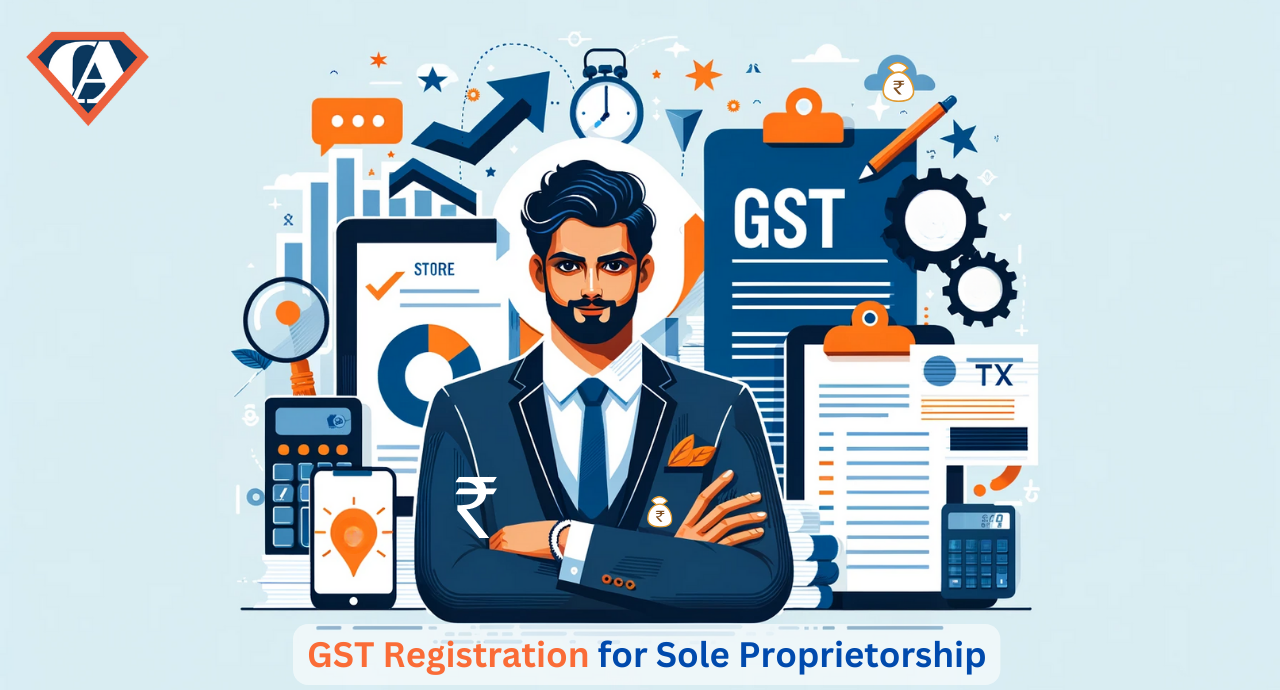How to Locate the Best GST Registration Services in Singapore Rapidly
How to Locate the Best GST Registration Services in Singapore Rapidly
Blog Article
From Beginning to End Up: The Ultimate Roadmap to GST Enrollment for Organizations Seeking Financial Stability
Browsing the intricacies of Goods and Provider Tax (GST) enrollment is an important step for businesses aiming for economic stability. From comprehending the basic principles of GST to conforming with post-registration guidelines, the procedure can appear intimidating at very first glimpse. Breaking down the roadmap into workable actions can simplify the registration journey for services looking to enhance their monetary standing. Let's discover the crucial components that make up this ultimate roadmap and uncover how each stage adds to laying a strong structure for monetary success.
Understanding GST Basics
Exploring the basic concepts of Item and Services Tax (GST) is essential for acquiring a detailed understanding of its ramifications on companies and the economy. GST is a value-added tax levied on most goods and solutions for domestic consumption. It has changed multiple indirect tax obligations that existed in the pre-GST era, improving the tax framework and enhancing simplicity of doing company in India. Under the GST system, both goods and services are taxed at a details price, which is figured out based on their category. Services are needed to register for GST if their yearly turnover goes beyond the threshold restriction established by the government. Input Tax Obligation Credit Score (ITC) is a considerable attribute of GST, enabling businesses to assert credit report for tax obligations paid on inputs, minimizing the overall tax obligation problem. Comprehending the essentials of GST is vital for services to conform with tax guidelines, manage their financial resources effectively, and add to the nation's financial growth by taking part in a clear tax obligation system.
Qualification Standards for Enrollment
As of the current guidelines, the threshold limit for GST registration is a yearly aggregate turn over of 40 lakhs for businesses running within a state, except for unique classification states where the limit is 20 lakhs. Furthermore, certain companies are called for to register for GST regardless of their turn over, such as interstate vendors, casual taxed persons, and businesses accountable to pay tax obligation under the reverse fee device. It is crucial for companies to completely analyze their turnover and purchase kinds to establish their GST enrollment obligations properly.
Records Required for Enrollment
Having actually met the eligibility criteria for GST registration, services must now ensure they have the requisite files in location to wage the enrollment procedure efficiently. The documents required for GST registration commonly include proof of company constitution, such as collaboration act, enrollment certification, or incorporation certificate for different kinds of organizations. Additionally, companies need to give documents establishing the principal workplace, such as a rental agreement or electrical energy expense. Frying pan card of business, along with the identification and address proof of promoters/partners/directors, are necessary for confirmation functions. Checking account statements, together with canceled cheques or a copy of the bank passbook, are needed to confirm the financial details given throughout registration. Furthermore, organizations must have electronic signatures prepared for the licensed notary. Making certain all these documents are organized and easily available will quicken the GST enrollment process, enabling organizations to abide by tax policies perfectly.
Step-by-Step Registration Process
Starting the GST enrollment process entails a collection of organized actions to make certain a smooth and certified enrollment for businesses. The primary step is to see the GST site and fill in the registration form with exact information of the company entity. Following this, the candidate gets a Short-lived Recommendation Number (TRN) which is made use of to return to the application procedure if it's click this link not finished in one go.
Following, all needed papers based on the checklist provided by the GST portal requirement to be posted. These records generally include proof of service registration, address and identity proofs of promoters, financial statements, and service entity's frying pan card.

Post-Registration Conformity Standards

Verdict
In verdict, services seeking financial stability should comprehend the basics of GST, satisfy qualification criteria, gather necessary files, adhere to the step-by-step registration procedure, and adhere to post-registration guidelines - Best GST registration services in Singapore. By adhering to these steps, companies can ensure compliance with tax policies and maintain economic stability in the lengthy run
In addition, specific services are called for review to sign up for GST regardless of their turn over, such as interstate suppliers, laid-back taxed individuals, and organizations responsible to pay tax under the reverse fee device.Having actually met the eligibility criteria for GST enrollment, businesses need to currently guarantee they have the requisite records in location to proceed with the registration procedure effectively. The papers needed for GST registration generally include proof of company constitution, such as partnership deed, click for more registration certificate, or consolidation certification for different kinds of companies. In addition, companies require to provide files developing the principal location of business, such as a rental contract or electrical power costs.Beginning the GST enrollment process entails a collection of structured actions to make sure a smooth and compliant enrollment for services.
Report this page